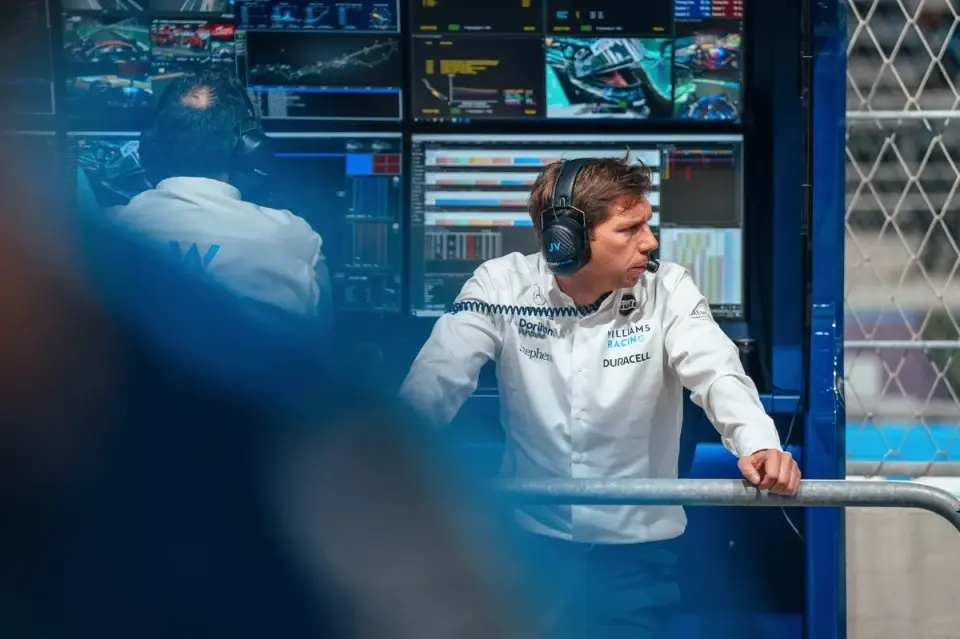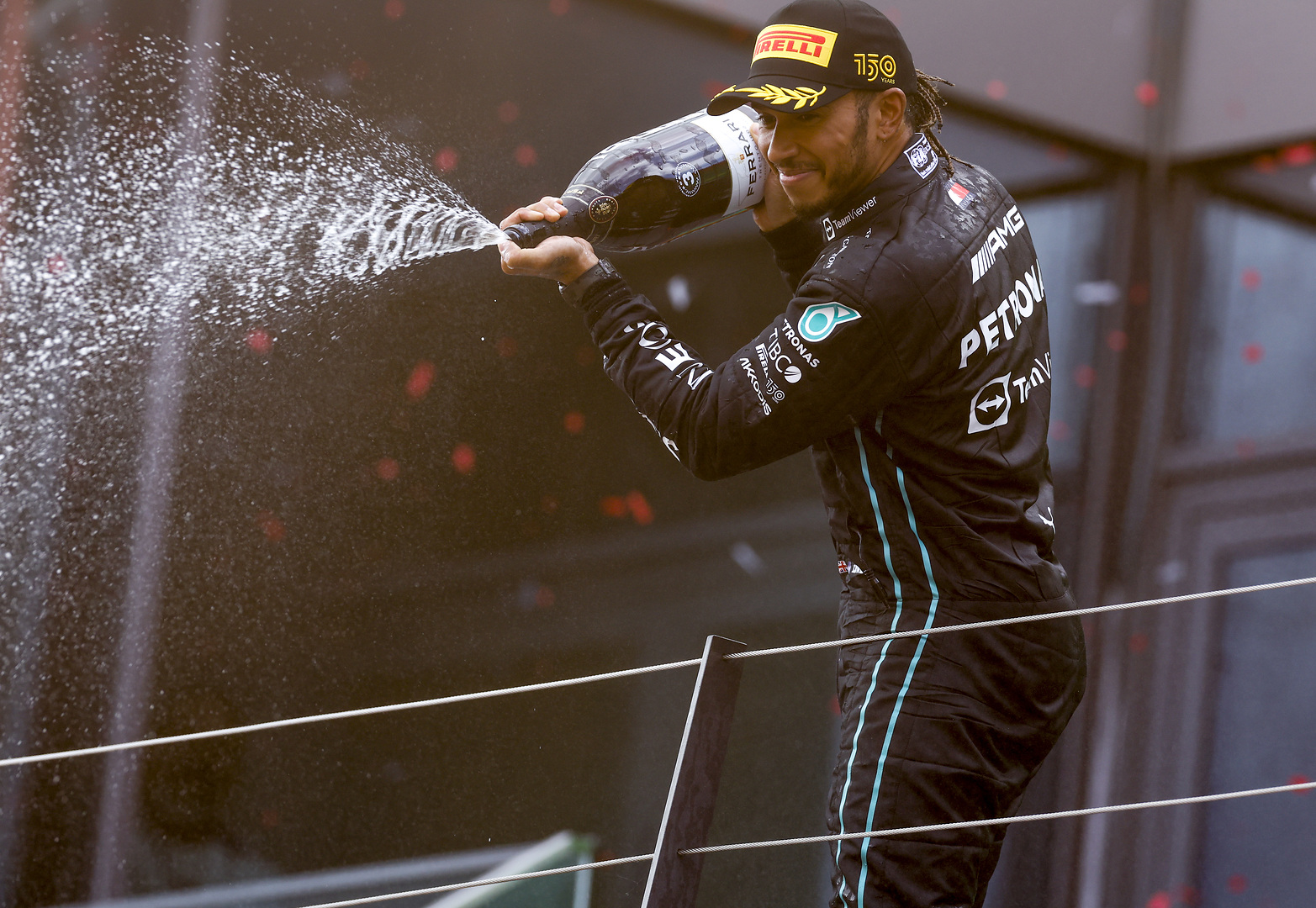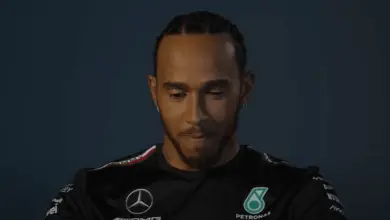Logan Sargeant’s High Crash Rate Impacts Williams’ 2024 F1 Budget Plans
In a recent turn of events, Logan Sargeant’s frequent crashes have posed significant financial challenges for the Williams F1 team, affecting their budget for the 2024 season. Despite a generally successful year for the team, Sargeant’s performance struggles and related costs are a growing concern.
Key Takeaways:
- Logan Sargeant’s numerous crashes have not only highlighted his current form but also resulted in considerable expenses for Williams, impacting the team’s 2024 financial plans.
- While Williams has shown remarkable progress in the 2023 season, thanks to Alex Albon’s consistent performance and the leadership of James Vowles, Sargeant’s challenges contrast sharply with the team’s overall success.
- The disparity in performance between Sargeant and teammate Albon is notable, with Sargeant yet to score any points this season. Vowles has acknowledged the need to focus more on producing spare parts due to Sargeant’s crashes, which diverts resources from other 2024 development projects.

The Williams Formula 1 team is currently facing a financial dilemma, largely due to Logan Sargeant’s repeated crashes this season. Despite an impressive overall performance in 2023, Sargeant’s struggles on the track have been a significant concern, especially with his incidents now impacting the team’s 2024 budget.
Williams’ resurgence in 2023 has been noteworthy, with the team bouncing back strongly after introducing the potent FW-45. Alex Albon, the other Williams driver, has been instrumental in this success, consistently earning points throughout the season. This year has marked Williams’ best performance since 2017, much of which can be attributed to the transformative leadership of James Vowles.
However, Sargeant’s challenges stand in stark contrast to the team’s success. With zero points and five Did Not Finish (DNF) instances to his name this season, his performance has been under scrutiny. Notably, his inability to match Albon’s performance is evident from the average half-second lap time difference between them.
Despite these struggles, it’s important to acknowledge the factors that might have affected Sargeant’s performance. He has often received updates to his FW-45 later than Albon, resulting in a comparatively slower car. Moreover, Vowles has been working to create a more conducive environment for rookie drivers like Sargeant, emphasizing the need for a supportive and learning-friendly atmosphere.
However, the financial repercussions of Sargeant’s crashes have become a significant issue for Williams. During the Japanese Grand Prix weekend, Vowles spoke to the media, revealing the impact of these incidents on the team’s future plans:
“Under the cost cap, what you don’t want to be doing is overproducing parts. We’ve had more attrition than expected, I think it’s fair to say. We have enough to deal with the incident today [Sargeant’s crash in qualifying]. But it means we’ll have to divert attention away from other items [for 2024] while producing more spare parts before the end of the year.”
This statement underscores the challenges Williams faces due to Sargeant’s crashes. The need to produce more spare parts diverts resources from other development activities for 2024, underlining the financial strain and strategic redirection the team must undergo.
As the season progresses, Williams will have to balance its immediate needs with long-term development goals, a task made more challenging by Sargeant’s current form. The team’s ability to adapt and address these challenges will be crucial in determining their competitive edge in the upcoming seasons.


